

| NEWSLETTER |
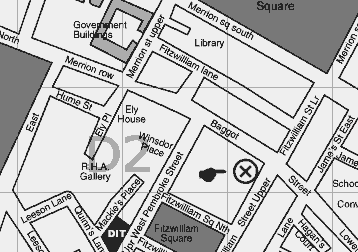
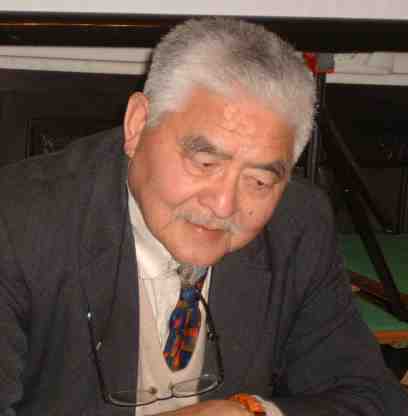
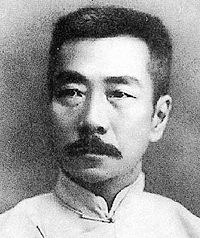 Lu Xun
| Tao singled out two writers, Lu Xun and Hu Shi (mentioned above), who, long before Deng, played crucial roles in helping China to rise up from the abject state it had reached around 1900. Hu Shi first called in 1917 for the use of Baihuawen (Plain Chinese): that is, to write Chinese as it is actually spoken, and break away from traditional literary cant, impenetrable for the masses. They both wrote, explicitly in essays or implicitly in stories, of the necessity, since the Opium War, of a frank admission of the superiorities of the Western civilization and Japan, and of the sick state of the Chinese mind. Hu Shi wrote that "the real shame ... is not to feel shame at the defeats China suffered, but to go on pretending that we're better than the victors" - the attitude shown up in Lu Xun's "The True Story of Ah Q". Hu Shi left the mainland after the Communist victory in 1949. During the Cultural Revolution of 1966-1976 he was (posthumously) vilified as a reactionary. He has recently been "rehabilitated", and his complete works have been published in the PRC. |
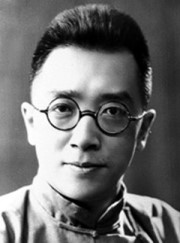 Hu Shi
|
Corinth |
Sparta | Athens |
Colonization | Conquest | Commerce |
| USA, Australia S Africa, Latin America |
Prussia, Nazi Germany, Mussolini, Japan 1895-1945 |
British Empire USA. China? |
| NO MORE LAND TO BE DISCOVERED | WE DO NOT WANT WAR | ALL SELLERS |
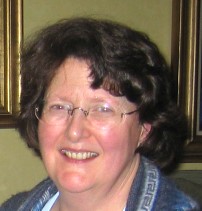

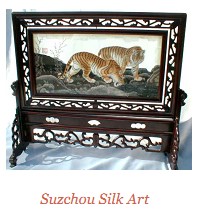
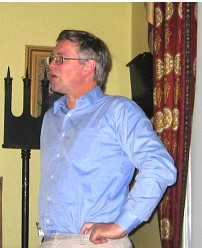
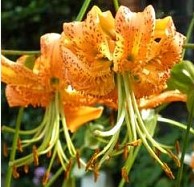
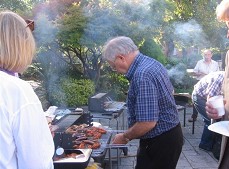
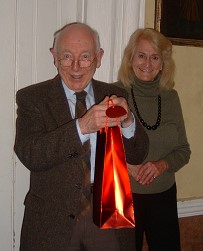
2010 |
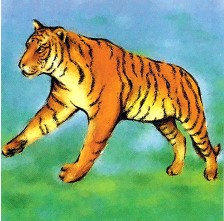 |
Year of the Metal Tiger |
| Rash, impulsive and dynamic, tigers don’t know how to sit still or calculate odds. They are bold, reckless and extremely foolish, and take risks that leave most of us gasping. But if you need a hero then a tiger will do fine. They like to take on the cause of the underdog and will fight against any injustice imaginable. | 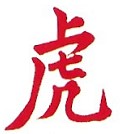 |
Tigers are invariably charming and persuasive. The reason they are born leaders is not that they have any natural leading abilities, it’s just that they can talk anyone into following them – no matter how ill-advised the project may be. |
METAL TIGERFor expressing opinions this roaring tiger is the worst (or best) of them all. Very ambitious, it can be a bit ruthless when it comes to its career. Don’t stand in the way of a metal tiger and never invest in any of its schemes. This is a tiger for whom the word diplomacy” simply doesn’t exist. |
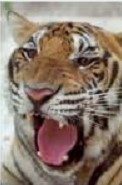 |
The tiger is one of the most tenacious characters in the Chinese Zodiac and very little will daunt tigers – or keep them down for long – they will always bounce back. They are not invulnerable, however, and need lots of emotional support, as they are basically insecure and can feel unloved. |
|
LOVE,SEX and RELATIONSHIPS Tigers have infinite resources of energy and imagination and will inevitably tire any lover they tangle with. They are promiscuous, adulterous and have absolutely no moral sense whatsoever and have no compunction about finding new excitement once the current relationship has begun to fade. They are great romantics, though, and fall in love easily and often. They do have a great capacity for very deep, intense relationships and are simply devastated when these fall apart, even if they are the cause. A tiger in love can be a rogue or simply perfect – and you’ll never know which sort you’re getting until it’s too late. |
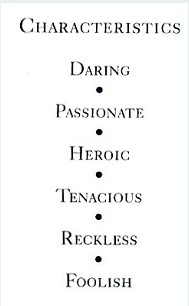 |
FRIENDS AND CHILDREN Tigers are loners with few really good friends, but those they do have they keep for life. They make good parents; not because they set good examples, but because children just adore these exciting and charismatic personalities. They can be very strict and demanding, and do tend to expect a lot of their offspring. |
|
Suitable Careers Film Star Army Officer Writer Athlete Politician Restaurateur |
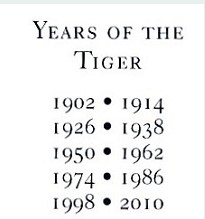 |
Celebs born in the Year of the Tiger Victoria Beckham, Sir Richard Branson, Oscar Wilde, Mel Brooks, H. G. Wells, Agatha Christie, Demi Moore |
Tiger with: | |
| Rat: | As neither of these two knows how to comprise, this combination will create sparks and the relationship will be stormy. |
| Ox: | unless the tiger allows the ox to be in control and set the rules, this combination can’t work. As tigers don't give in easily, expect fireworks. |
| Tiger: | Expect a lot of heat—the heat of passion and ferocious lust. These two will fight and reconcile, laugh and love—a lot. |
| Rabbit: | the rabbit makes a good meal for the tiger unless it learns to move fast to stay out of trouble. Although not a good combination, it can work. |
| Dragon: | Excitement and fun all the way. Dramatic and vola- tile. A super –charged dynamic team who together can move the earth. |
| Snake: | The snake thinks the tiger is over emotional, while the tiger distrusts the snake’s secretive ways. This relationship is bound to end in disaster. |
| Horse: | a good combination. The tiger will respect the horse’s loyalty and the horse will love the tiger’s impulsiveness. |
| Goat: | could be good together in bed, but there is not a lot else going for them. This partnership is not recommended for business. |
| Monkey: | As neither will give an inch, this is not a good combination. Both suffer ego problems and neither will understand the other at all. |
| Rooster: | In spite of the fact that these two will bicker and quarrel, criticize and argue, this match is quite a good one. |
| Dog: | The dog is clever enough to handle the tiger, so these two will do extremely well together. |
| Pig: | These two blame each other when things go wrong and aren’t really suited. |